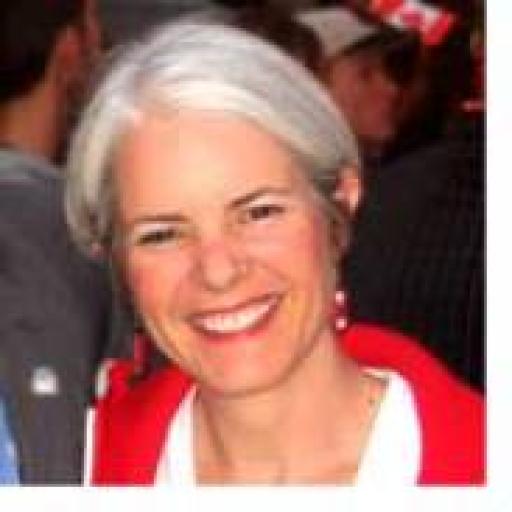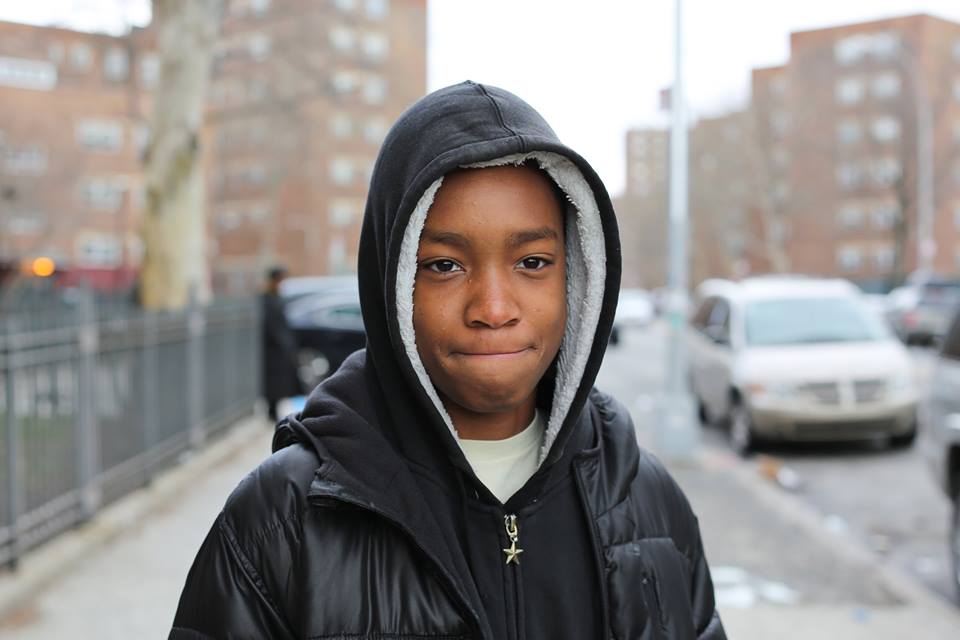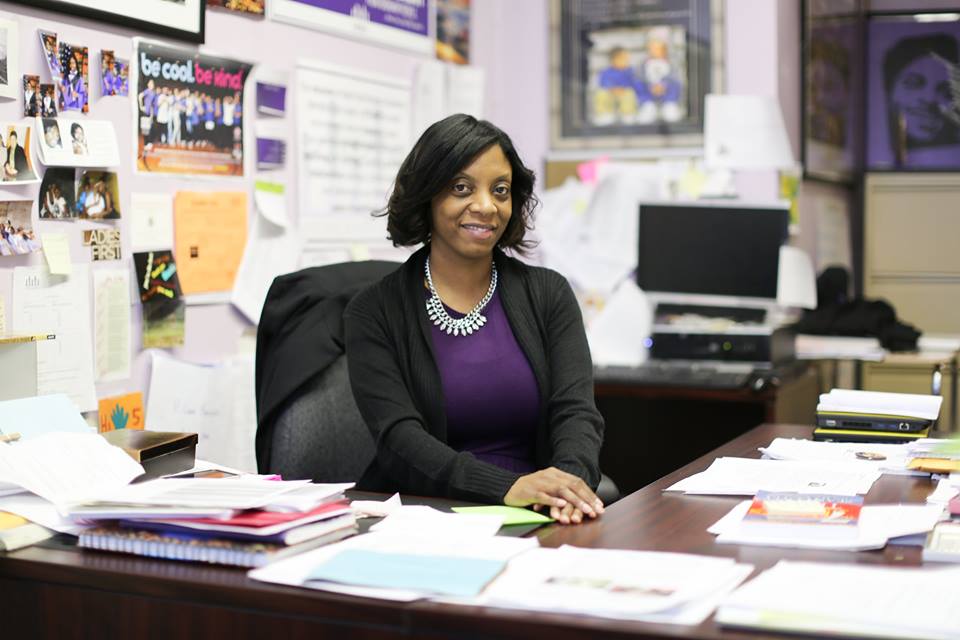
State or Province:
country:
CAwhat are your gifts and talents?:
why do you want to join abcd in action?:
I shared this blog in my caregiver circles today!
Celebrating Royalty and Nobility in Ordinary Caregiving
So Brother Matthew locked the gate behind me, and I was enclosed in the four walls of my new freedom.
Thomas Merton
Caregivers like me know how the four walls of home can sometimes close in and feel like a prison. How to find freedom, satisfaction, meaning and joy within those walls was the subject of my book,"The Four Walls of My Freedom: Lessons I've Learned From a Life of Caregiving".
Thomas Merton was an American Catholic writer and mystic. He entered the Abbey of Our Lady of Gethsemani in rural Kentucky on December 10, 1941 to begin a life of solitude and contemplation. In his hugely popular book, "The Seven Story Mountain", he described that moment this way: "...So Brother Matthew locked the gate behind me, and I was enclosed in the four walls of my new freedom." I did find a sense of personal freedom and meaning in the ordinary tasks of caring over years. I learned to look more carefully, listen more intently, feel more acutely. I learned to celebrate the ordinary.

This week, I've been following an inspiring story about celebrating the ordinary on the internet. It all started with this posting on the popular site, Humans of New York:
"Who's influenced you the most in your life?" "My principal, Ms. Lopez." "How has she influenced you?" "When we get in trouble, she doesn't suspend us. She calls us to her office and explains to us how society was built down around us. And she tells us that each time somebody fails out of school, a new jail cell gets built. And one time she made every student stand up, one at a time, and she told each one of us that we matter."
Then this story appeared:

A couple days back, I posted the portrait of a young man who described an influential principal in his life by the name of Ms. Lopez. Yesterday I was fortunate to meet Ms. Lopez at her school, Mott Hall Bridges Academy.
This is a neighborhood that doesnt necessarily expect much from our children, so at Mott Hall Bridges Academy we set our expectations very high. We dont call the children students, we call them scholars. Our color is purple. Our scholars wear purple and so do our staff. Because purple is the color of royalty. I want my scholars to know that even if they live in a housing project, they are part of a royal lineage going back to great African kings and queens. They belong to a group of individuals who invented astronomy and math. And they belong to a group of individuals who have endured so much history and still overcome. When you tell people youre from Brownsville, their face cringes up. But there are children here that need to know that they are expected to succeed.
And I thought, we are like the children at Mott Hall Bridges Academy - we may be invisible and ordinary on the outside, but we are ROYAL. We too, "have endured so much history and still overcome."So, the next time you are feeling invisible and unappreciated, imagine Ms. Lopez' voice in your head. "You are a nurturer, an enabler. When the dignity of someone you love is under threat, you restore it. You are a healer. Your hands soothe and your voice comforts. You are a conjurer! When shopping for food has been put aside for more important tasks, you find something nourishing to create from what's left over. Never forget, the worth of a life is measured in how much love we have given, because what we give will come back to fill our hearts tenfold."
Today, let us recognize and celebrate the dignity, value and even royalty of ordinary caregiving. Because Ms. Lopez would say that there's nothing ordinary about it.
How can we help our loved ones experience meaning and purpose in their lives?Does having a disability, getting older, or losing cognitive skills automatically exclude the possibility of purpose in life? In my family, meaningful contribution is central to happiness.I believe it is for most people.Our son Nicholas is 25 and mostly bed-ridden due to severe cerebral palsy.He is non-speaking, but nevertheless communicates effectively with the combination of a few words, tongue clicks, hand gestures and in a pinch, a switch activated computer system (its slow and labor intensive).
Since Nick finished school, weve searched for how he might find a meaningful job.Hes tried selling on E-Bay (he still does that from time to time) and he writes a sportsblog(which he enjoys).But his recent foray into creating and managing sports betting pools is the magic bullet for meaning and purpose in Nicks life, currently.The sports addicted members of our family and best friends all participate in annual NHL (ice hockey) pools and currently, in a world cup soccer one as well.Nick is the commissioner and his role comes with weighty responsibilities.Prior to the season or tournament, Nick convenes all the participants for the player draft in his room.Pizza and beer are served and participants who live out of town join in via Skype.Lots of trash talking ensues as everyone picks their players and creates their own fantasy team.Nick decides how points will be awarded and over the course of the season, he sorts out problems, answers questions and at seasons end, grudgingly awards the grand prize to the winner.The betting pool is a source of purpose for Nicholas, but it has the added benefit of keeping friends and family socially engaged with Nick in a purposeful way.The guys in the pool all want to win!
My Mom craves meaning and purpose in her life too.A couple of weeks ago, she threw me a curve ball when she remarked, Ive got it in my craw that I want to get a job.This, from a feisty, but tired 92-year old who rarely has the energy to dress up in anything but a fancy nightgown most days.My sister and I put on our thinking caps.Knitting for premature babies perhaps?Then, I happened to see an article online about a seniors home in Chicago that paired up with an English language school in Sao Paolo, Brazil to have weekly English conversation practice sessions via skype.Watch the video its so deeply heart-warming.
